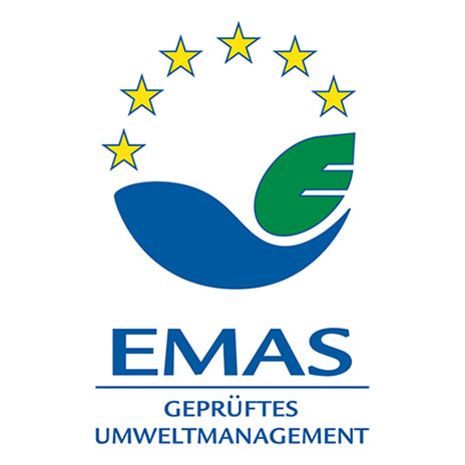An Environmental Management System is the management framework of an organization in which behaviors, responsibilities, processes, and guidelines for implementing the organization's environmental policy are systematically established. An EMS is developed with the goal of ensuring sustainable environmentally friendly practices and continual improvement of environmental performance within the organization. By establishing a standardized management system, all environmentally relevant activities in the business or institution can be systematically recorded, organized, and monitored. The minimum requirements for an EMS are defined in international and European standards. Additionally, an EMS can be tailored to meet the specific needs of the organization. An audit of the established environmental management system and validation according to one of these standards serves as proof of the EMS's effectiveness.
The commission comprises professors from all departments, administrative staff, researchers, and students, who work collaboratively on the sustainable development of Harz University. They initiate, support, and oversee concrete sustainability projects at the institution.
An environmental verifier regularly examines the improvement in environmental performance and the functionality of the management system on-site. Following the final evaluation of both campus locations, the environmental statement is revalidated according to EMAS III standards and certified with the European eco-label.
